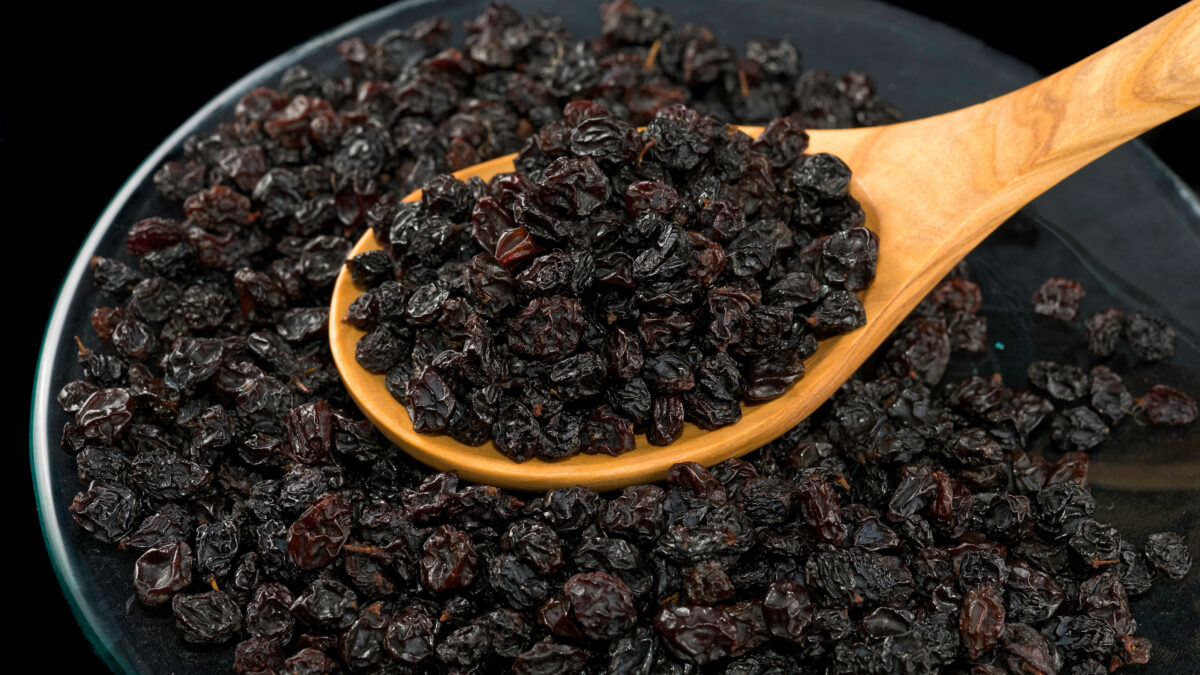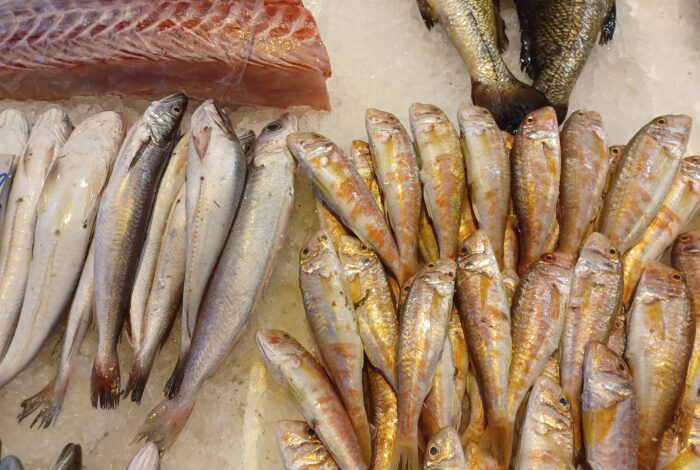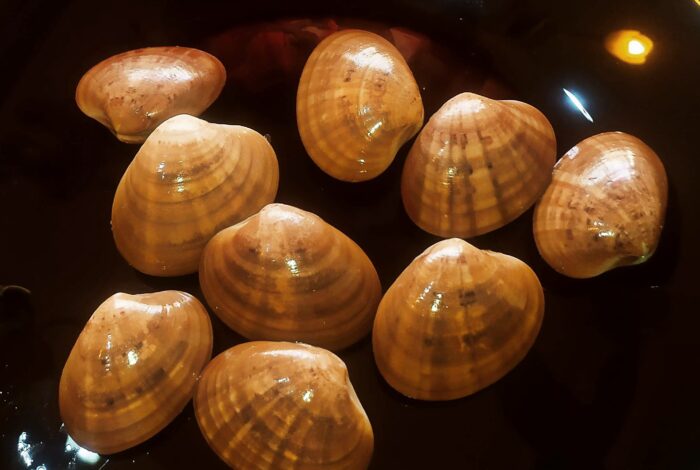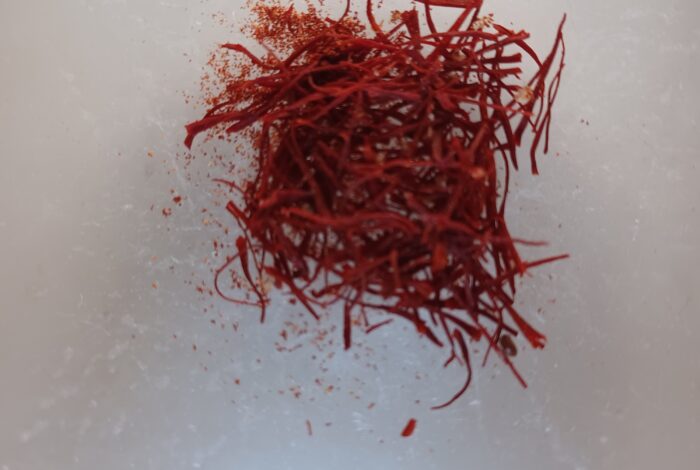Soultana-Maria Valamoti, Professor, School of History and Archaeology, Aristotle University of Thessaloniki
Vineyards have been intrinsic to Mediterranean agriculture and have played a crucial role in Greece and its culture since prehistoric times. It seems that the vine, which grew wild in Greece, began to be cultivated and domesticated over 6,000 years ago. This is the land that gave birth to the god of wine, Dionysus, and from the festivals dedicated to him emerged the ancient theatre and the symposium. The gift of the vine, grapes, could be turned into wine, a key part of celebrations and symposia; but apart from wine, the ancient Greeks also made raisins from their grapes. Exceptionally nutritious and sweet, raisins were a mainstay of the ancient Greek diet, with a long shelf life that was vital given the limited means of preserving foods available in antiquity compared to today.
Hesiod (8th/7th century BC), in his Works and Days (609–614), gives instructions for drying grapes into a kind of raisin for the purpose of producing sweet wine: The grapes should be harvested in bunches and taken back to the farmer’s house, where they are to be left out in the sun for ten days. This should be followed by five days under shade. After 15 days of drying out in total and on the sixth day in the shade, the grapes should be transferred to a clay vessel and pressed for their juice. Another reference to raisins and their use in winemaking can be found in On Diseases, by Hippocrates (5th/4th century BC).
The connection between raisins and religious rituals is evident in an inscription from Delos, which mentions that raisins were part of the offerings during festivals in honour of the god Poseidon on the island. In another epigraphic source we find black raisins listed among the foods destined for King Cyrus, his court and his troops. Carbonised raisins dating to between the 2nd and the 1st century BC have been found at the Vergina Acropolis.
Just like in the modern day, raisins were valued in antiquity due to their high nutritional value and long shelf life, all thanks to the warmth of the Mediterranean sun. Of course, back then they were free of all the added preservatives used in modern food technology. Certainly, raisins must have delighted the palates of the ancients, as they were among the very few sweet foods and ingredients of the time – along with figs and honey – highly prized for their caloric and nutritional value, as well as for the satisfaction that sweet flavours often provide.










